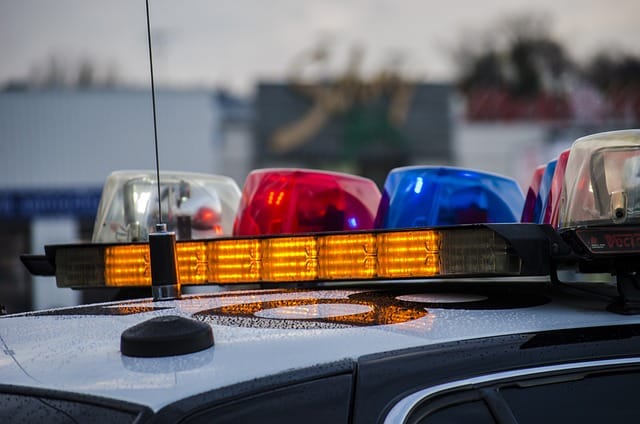DUI Checkpoints FAQ: 6 Facts to Know
DUI Checkpoints FAQ

In this three-part blog series for DUI checkpoints FAQ, we will point out and discuss some interesting and important facts to know about DUI checkpoints. If you or a loved one ends up being charged with DUI at any point, don’t hesitate to contact a trusted Colorado Springs DUI defense attorney at Kohn Law Firm
Here’s What You May Want to Know about DUI Checkpoints…
Fact 1 – DUI checkpoints can be held at any time but are usually set up on weekends and holidays.
While DUI checkpoints can be set up anywhere, they are commonly operated on weekends, evenings, and holidays. Here are some more facts about DUI checkpoints.
According to the Supreme Court, it’s perfectly legal for law enforcement officials to set up and run DUI checkpoints when they deem fit (as long as, of course, they abide by specific rules). Despite this, however, DUI checkpoints are far more often conducted:
- In the late evenings to early morning hours
- Over the weekends (specifically Fridays and Saturdays)
- Over festive national holidays (such as New Year’s Eve, July 4th, Labor Day, Memorial Day, etc.).
The reasoning for this is likely obvious – more people tend to drive while under the influence of alcohol and/or drugs during these times. Therefore, if you do happen to be drinking while there is a high probability of a DUI checkpoint being set up, call a cab, walk, or find some other way to get to where you need to be (other than driving, that is). We hope this DUI checkpoints FAQ is helpful.
Fact 2 – DUI checkpoints can only be run for a discrete amount of time DUI Checkpoints FAQ.
By law, police officers are required to only conduct DUI checkpoints for a limited amount of time – and, in some cases, the timeframe during which these DUI checkpoints will be operated must be specified ahead of time.
The reason for this is that there should ideally be minimal – if any – impact to the other, law-abiding motorists on the roadways. In line with this thinking, police also have to specify a discrete, specific location where DUI checkpoints will be operated ahead of time.
We will add more about DUI checkpoints FAQ in a few upcoming parts of this blog series – make sure you look for them!
Colorado Springs DUI Defense Lawyers at Kohn Law Firm
Have you or a loved one been charged with DUI? If so, the Colorado Springs DUI defense attorneys at Kohn Law Firm are ready to aggressively defend your rights and help you bring your case to a successful resolution.
To learn more about how we can help you, set up a free initial consultation with us by calling us at (719) 328-9555 or by using the contact form HERE.
From our offices in Colorado Springs, we represent clients throughout the Pikes Peak region and Colorado.
What Our Clients Say…
NEED LEGAL HELP?
Contact Us Now!
Choose The Kohn Law Firm. Choose Freedom.
The Criminal defense lawyers at The Kohn Law Firm must have a deep understanding of criminal law, court procedures, and the rules of evidence. They must also possess strong communication and negotiation skills, as well as the ability to think critically and strategically. In addition, your lawyer MUST have years of experience defending similar cases in Colorado.
Finally, your defense lawyer must be able to work under pressure and remain calm and focused in high-stress situations.
Our primary goal is to protect the rights and freedoms of you, our client, and to ensure that you receive the best legal defense possible.
Criminal Defense Lawyers Work For YOU!
Criminal defense attorneys have a wide range of responsibilities, including investigating the charges against their clients, gathering evidence and witnesses, negotiating plea deals with prosecutors, and representing their clients in court. We may also advise their clients on how to navigate the criminal justice system and provide guidance on the potential consequences of various legal strategies.
Above all, we work to secure your freedom, protect your reputation and help to secure a bright future.
